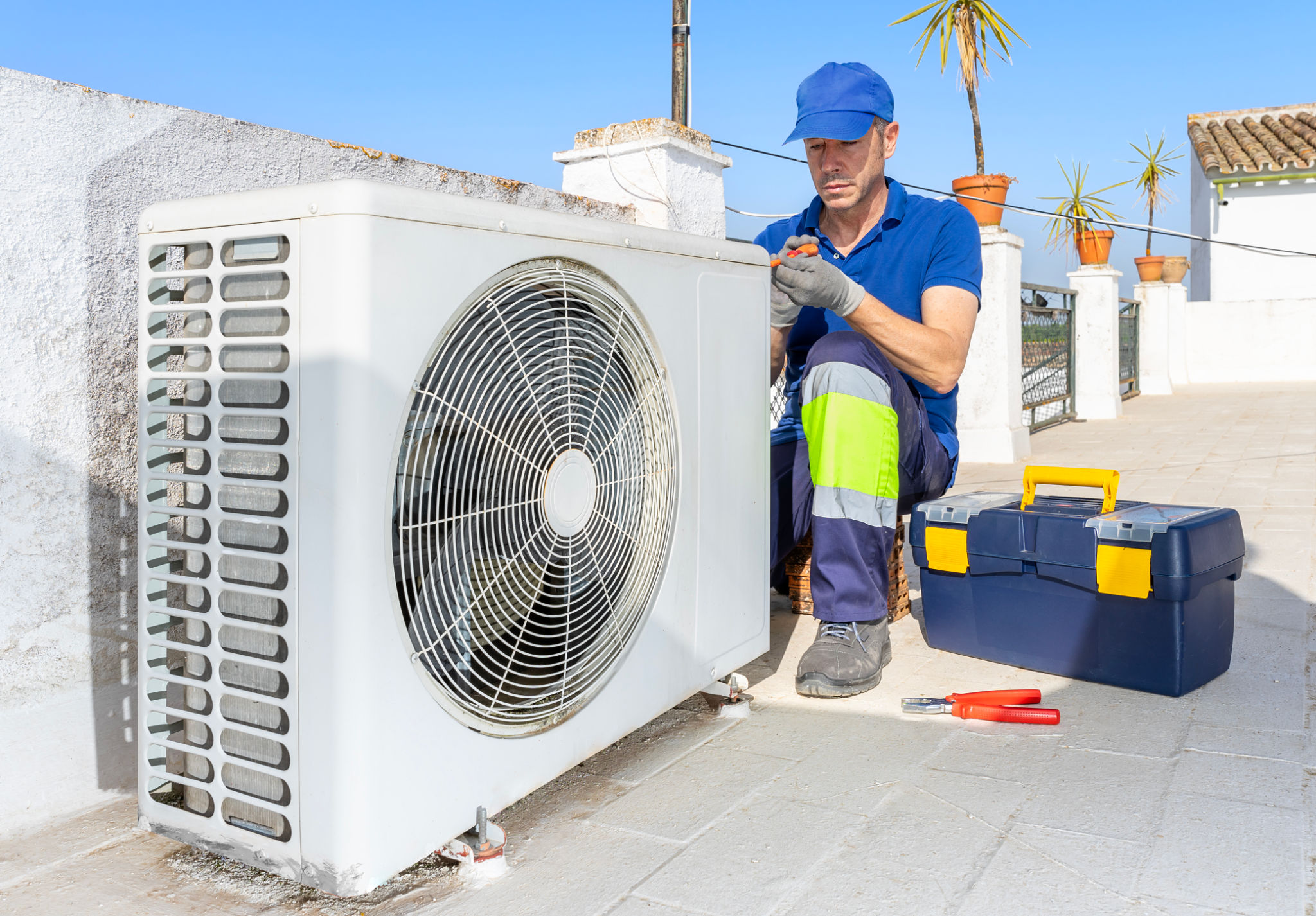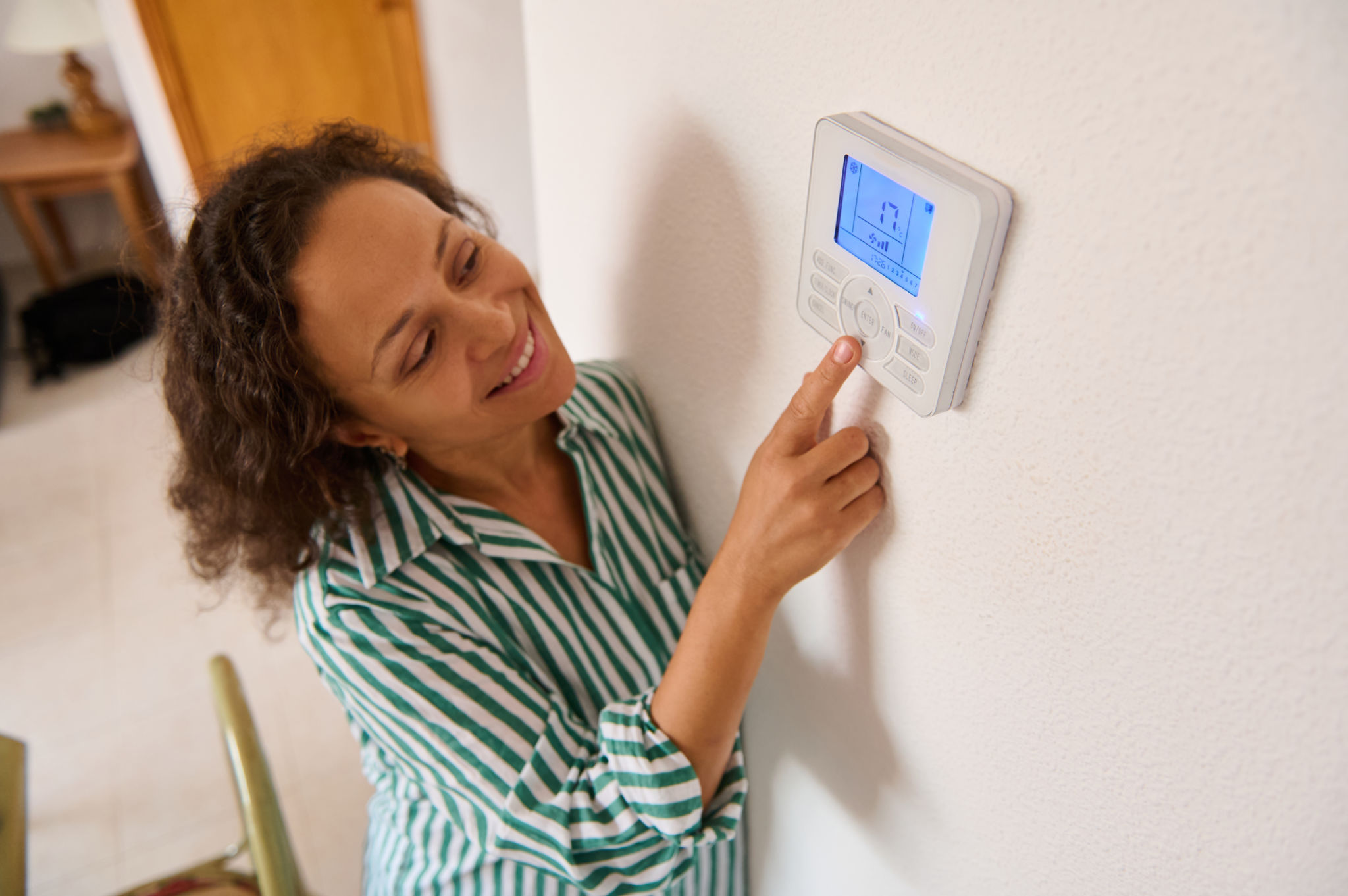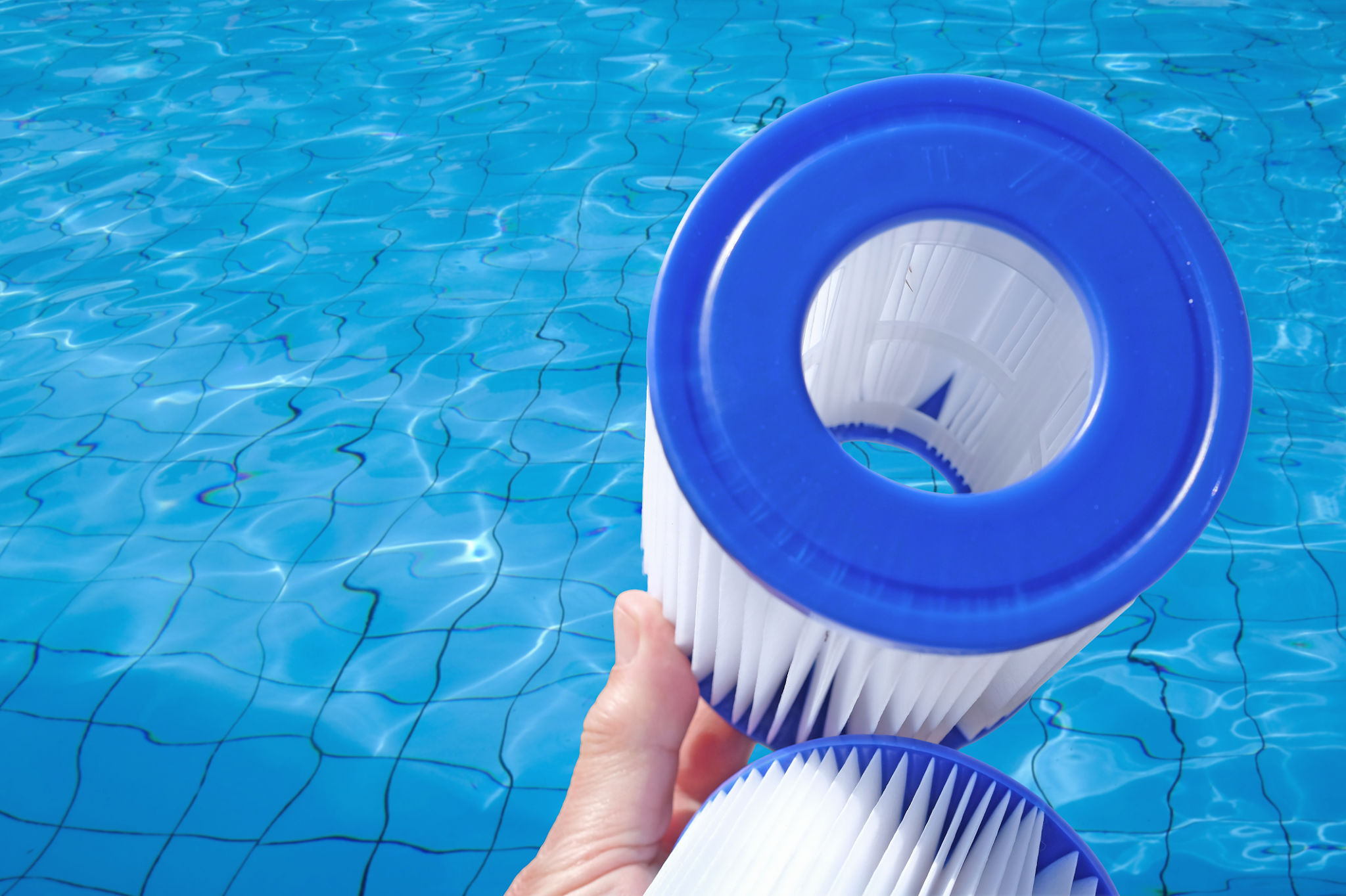How to Identify Signs You Need HVAC Maintenance: A Homeowner's Guide
Understanding the Importance of Regular HVAC Maintenance
As a homeowner, ensuring your HVAC system operates efficiently is crucial for maintaining a comfortable home environment. Regular maintenance not only prolongs the lifespan of your system but also optimizes its performance, saving you money on energy bills. However, identifying when your HVAC system needs maintenance can be challenging if you don't know what to look for.

Unusual Noises and Smells
One of the first signs that your HVAC system may require maintenance is the presence of unusual noises or smells. If you notice banging, clanking, or screeching sounds, it could indicate loose or damaged parts within the system. Similarly, strange odors might suggest mold growth or burnt wiring. Addressing these issues promptly can prevent more extensive damage.
Inconsistent Temperatures
If your home experiences uneven temperatures from room to room, it's a clear signal that your HVAC system isn't functioning correctly. This inconsistency might be due to blocked vents, a malfunctioning thermostat, or issues with the ductwork. Ensuring that each part of your home is heated or cooled evenly is essential for comfort and energy efficiency.

Increased Energy Bills
A sudden spike in your energy bills without a corresponding increase in usage is another warning sign. An inefficient HVAC system works harder to maintain the desired temperature, consuming more energy in the process. Regular maintenance can help identify and rectify inefficiencies, saving you money in the long run.
Poor Air Quality
Your HVAC system plays a significant role in maintaining indoor air quality. If you notice an increase in dust accumulation, allergy symptoms, or respiratory issues among household members, your system's filters or ducts might be clogged. Regular cleaning and inspection can significantly improve the air quality in your home.

Frequent Cycling
An HVAC system that frequently turns on and off, known as cycling, may indicate underlying issues. This could be due to an oversized unit, thermostat problems, or airflow restrictions. Frequent cycling not only leads to higher energy consumption but can also cause wear and tear on the system's components.
Age of the System
Finally, consider the age of your HVAC system. Most systems have a lifespan of 10-15 years. If yours is approaching this age range, it might be time for a comprehensive check-up or even replacement. Modern systems are more energy-efficient and come with advanced features that enhance comfort and convenience.

Taking Action: Scheduling Regular Maintenance
Regular maintenance is key to keeping your HVAC system in top condition. Scheduling bi-annual check-ups with a professional technician can help catch potential problems early and ensure your system operates efficiently throughout the year. Investing in routine maintenance not only prevents costly repairs but also ensures a comfortable, healthy home environment.
